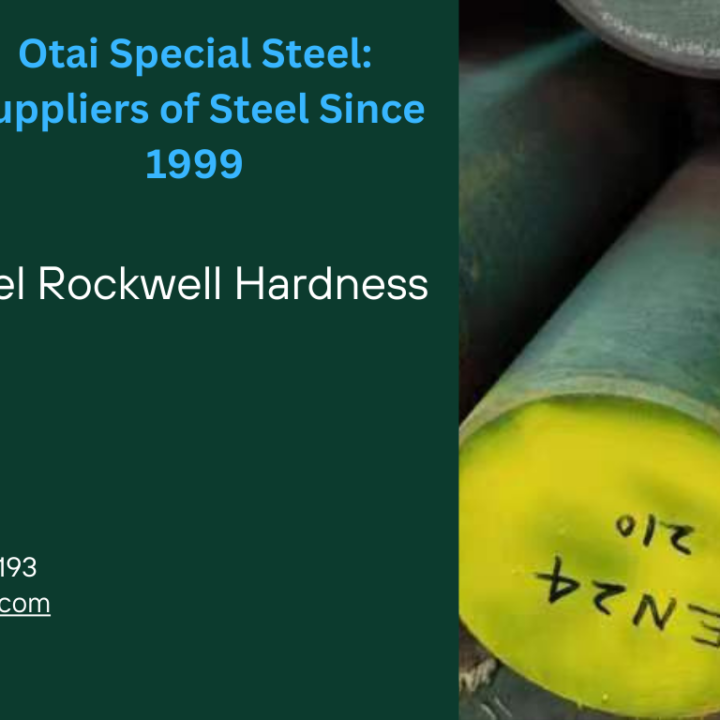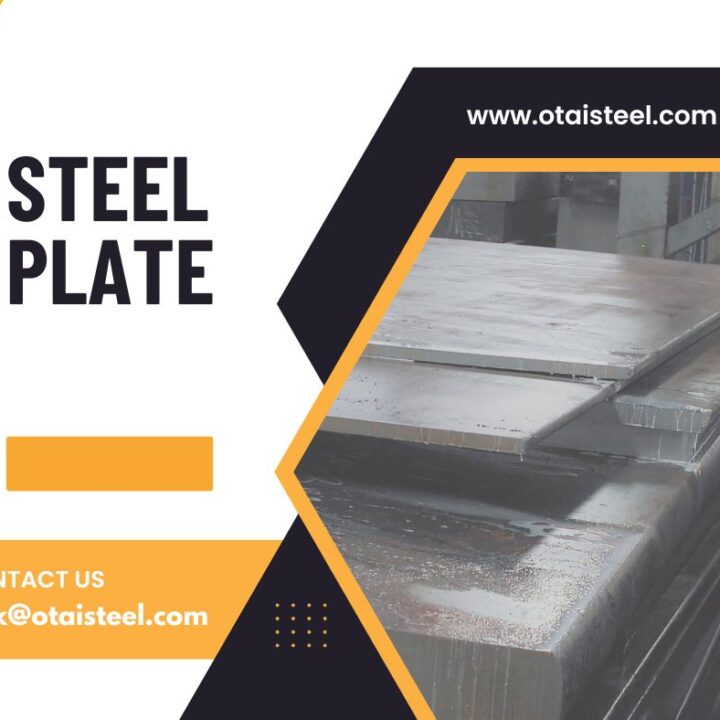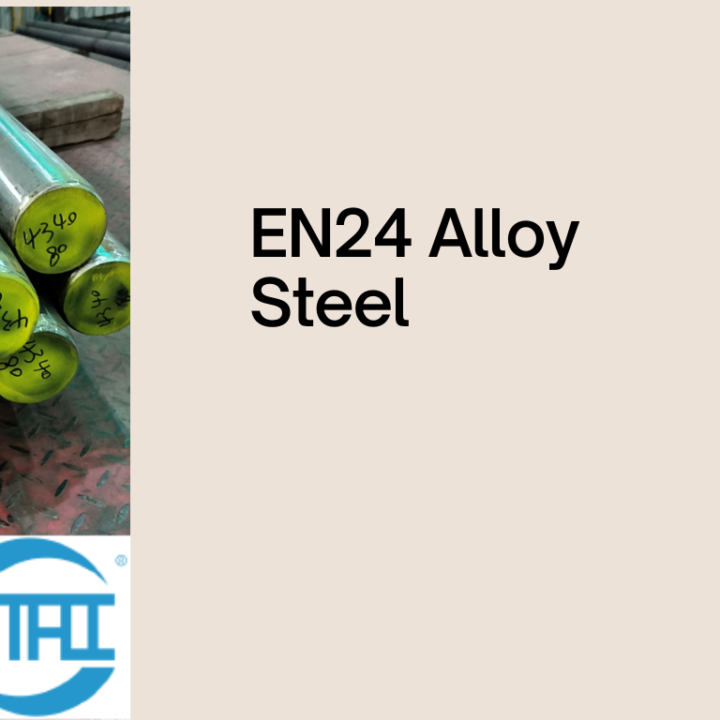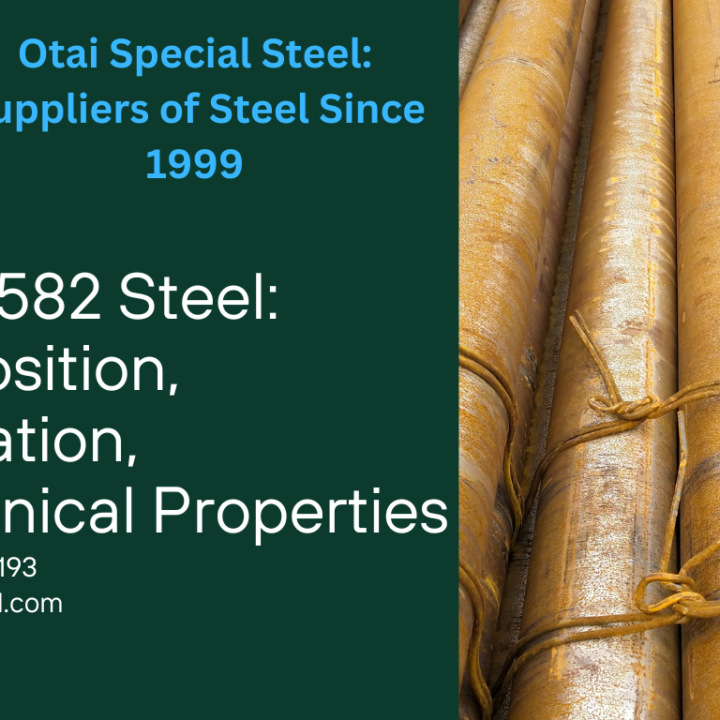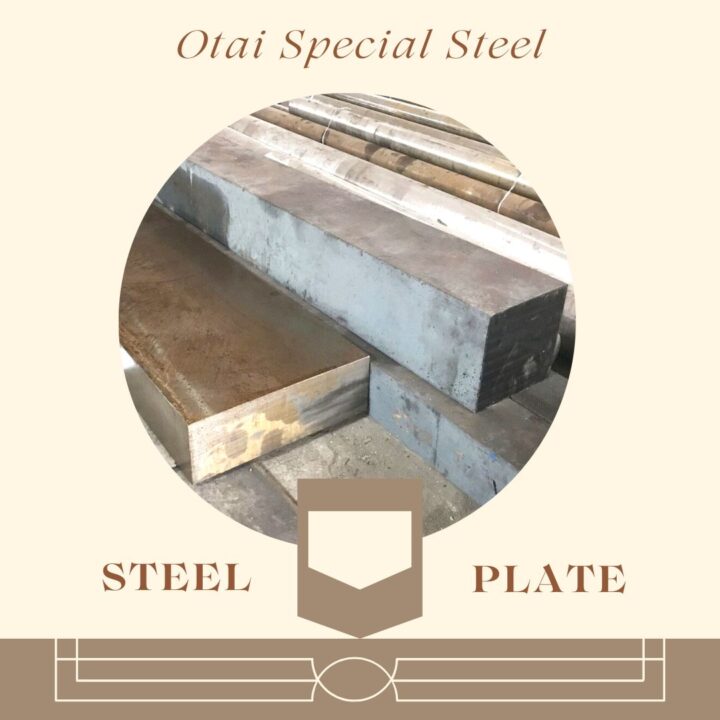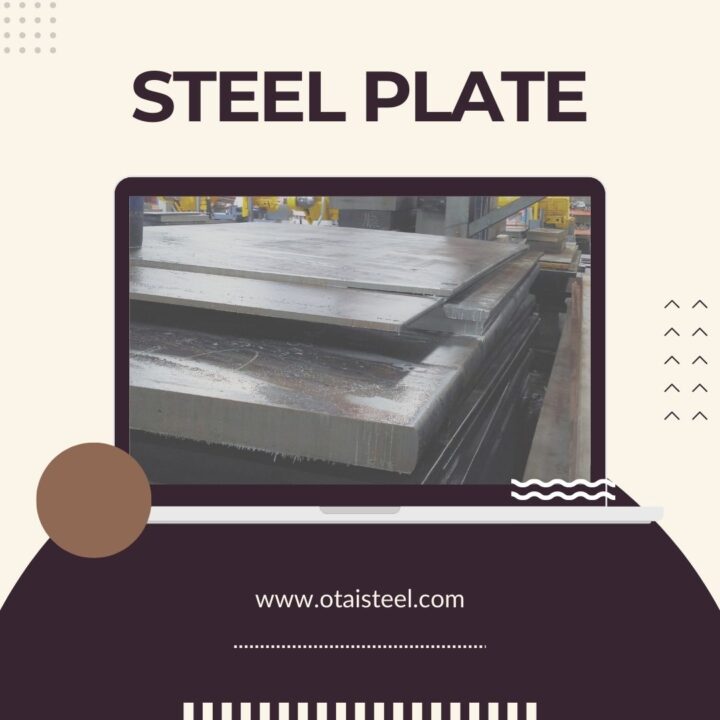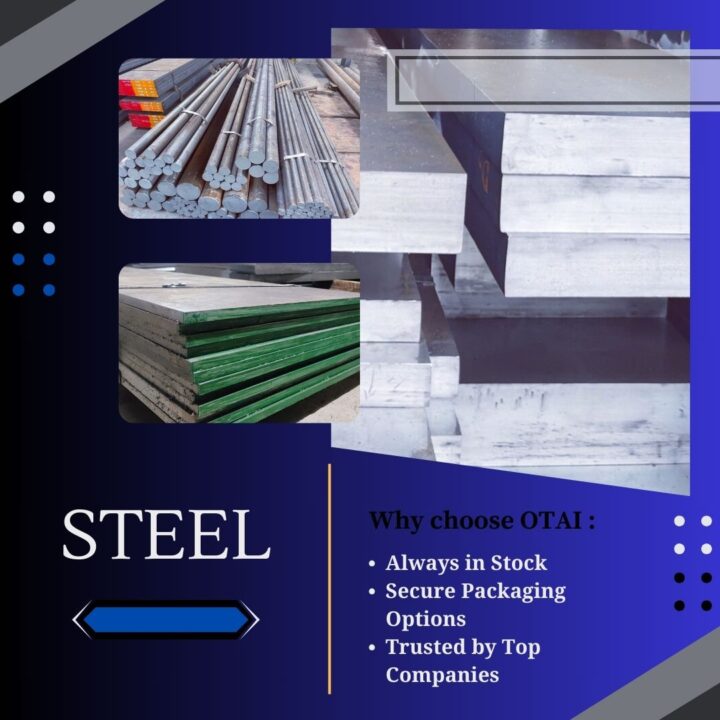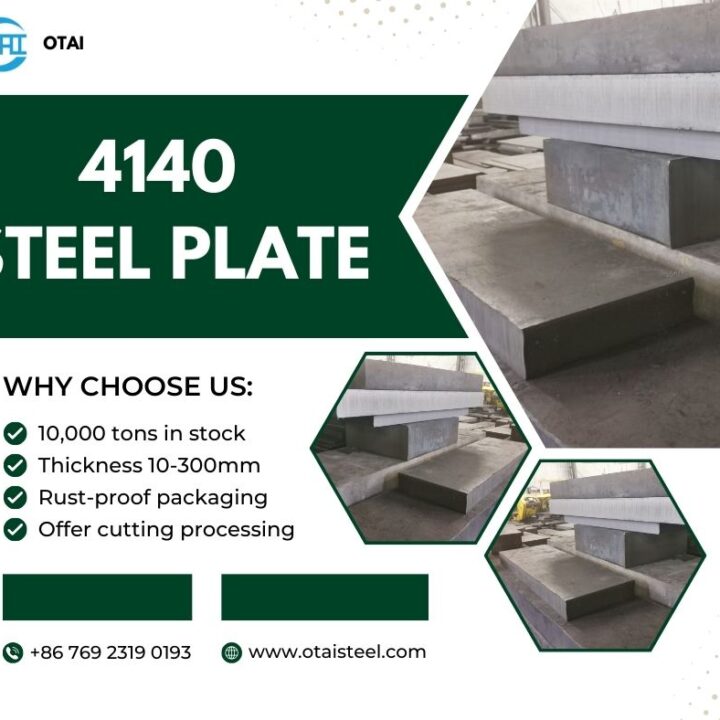Sustainability refers to the capacity of a material or process to be maintained over the long term without causing significant harm to the environment or depleting natural resources. 4140 steel exhibits several characteristics that contribute to its sustainability. Firstly, it is a highly durable material, capable of withstanding harsh conditions and extended usage. This durability ensures that tools and components made from 4140 steel have a long lifespan, reducing the need for frequent replacements and minimizing waste generation.
Furthermore, 4140 steel is composed of key elements such as iron, chromium, molybdenum, manganese, and carbon, which are readily available and widely sourced. The abundance of these elements contributes to the sustainability of 4140 steel by avoiding dependence on scarce or environmentally damaging resources.
Recycling and Repurposing of 4140 Steel
The recyclability of 4140 steel is a significant factor in its sustainability profile. Steel is a highly recyclable material, and 4140 steel is no exception. At the end of its life cycle, 4140 steel can be recycled through various processes, including melting and refining, to obtain new steel products or components.
The recycling process involves collecting discarded or scrap 4140 steel, sorting it, and subjecting it to melting and purification procedures. This melting and refining process eliminates impurities and allows the recycled steel to be transformed into new products, including tools, automotive parts, construction materials, and more.
Additionally, 4140 steel also lends itself well to repurposing. Components made from 4140 steel can be refurbished, modified, or repurposed for different applications, extending their usefulness and reducing the demand for new materials.
4140 steel’s potential for recycling
The recycling of 4140 steel offers several notable benefits, both from an environmental and economic standpoint. Some key advantages include:
- Reduced Energy Consumption
Recycling 4140 steel consumes significantly less energy compared to the production of virgin steel. This reduction in energy consumption leads to a corresponding decrease in greenhouse gas emissions, contributing to the mitigation of climate change.
- Conservation of Natural Resources
By recycling 4140 steel, the demand for raw materials and natural resources required for steel production is reduced. This conservation of resources helps protect ecosystems, reduce mining activities, and preserve biodiversity.
- Waste Reduction
Recycling 4140 steel minimizes waste generation, as discarded or scrap steel is diverted from landfills and repurposed into new products. This waste reduction contributes to a more sustainable waste management system and reduces the environmental impact associated with waste disposal.
- Economic Opportunities
The recycling industry presents economic opportunities, including job creation and revenue generation. The collection, sorting, processing, and manufacturing associated with recycling 4140 steel contribute to local economies and foster a sustainable circular economy.
Industries Utilizing Recycled 4140 Steel
The versatility and durability of 4140 steel make it suitable for various industries that prioritize sustainability and resource efficiency. Some industries that extensively utilize recycled 4140 steel include:
- Construction and Infrastructure
Recycled 4140 steel finds applications in the construction and infrastructure sectors, where it is used in the fabrication of structural components, reinforcement bars, bridges, and other critical infrastructure elements. Its high strength and durability make it a preferred choice for sustainable construction practices.
- Automotive Manufacturing
The automotive industry benefits from the use of recycled 4140 steel, employing it in the production of vehicle parts, chassis components, and engine components. This utilization of recycled steel contributes to reducing the environmental impact associated with automotive manufacturing.
- Machinery and Equipment Manufacturing
Manufacturers of machinery and equipment incorporate recycled 4140 steel in the production of gears, shafts, bearings, and other critical components. The use of recycled steel promotes sustainable manufacturing practices while maintaining the performance and reliability of the final products.
- Tool and Die Manufacturing
In the tool and die industry, recycled 4140 steel is utilized to produce high-performance tools and dies, offering sustainability without compromising on quality. This application helps reduce waste generation and supports a more circular approach to tool production.
Through the utilization of recycled 4140 steel, industries can contribute to a greener future while maintaining the strength, reliability, and performance required for their applications.(4140 steel’s potential for recycling)
